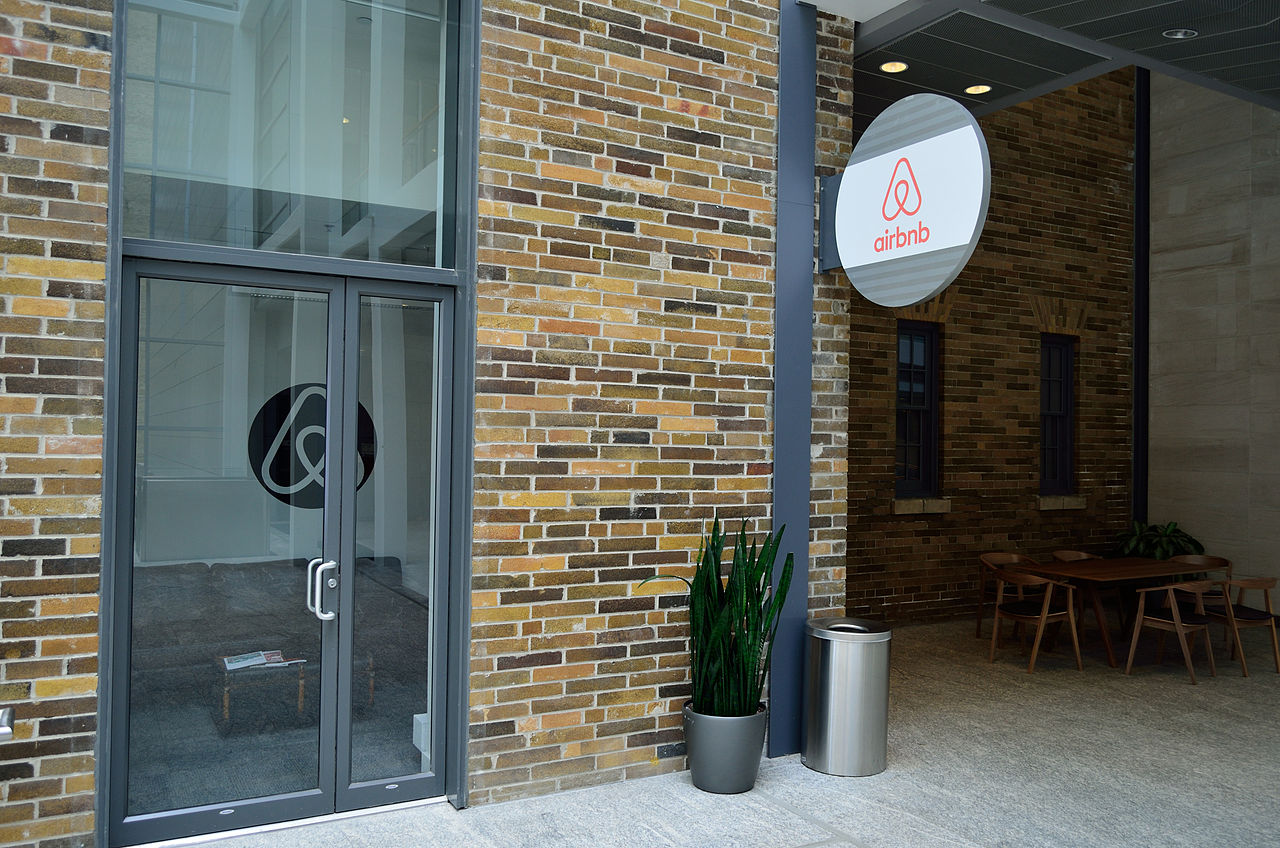Baltimore is entering the fray of cities looking to collect taxes from sharing economy services that serve as intermediaries for short-term rentals, namely Airbnb.
The Baltimore City Council took up legislation last month that would make Airbnb and other services subject to the city’s 9.5 percent hotel tax. Under similar deals reached around the country, the service collects taxes from its hosts and delivers them to the city.
Airbnb is reportedly onboard with the move, the Baltimore Sun reported. Unlike the fraught negotiations with transportation services Uber and Lyft in the state legislature last year, this appears to be an example of a disruptor seeking legitimacy through taxes. The big difference lies in the fact that the city isn’t looking to regulate short-term rentals, but only tax them.
“We do not view hosting intermediaries as substantially different from traditional hotels, and, as such, do not believe them to be exempt from the City’s housing code enforcement,” city budget chief Andrew Kleine wrote in a letter to the Council.
But it does redefine the definition of a hotel. Under the proposed law, a building that includes “one or more transient guests or tenants” is now included under the hotel definition.
The change is driven by Airbnb’s growth in the city. The letter states that bookings in Baltimore from that San Francisco-based service alone increased from 323 listings in all of 2014 to more than 1,182 rental units available in 2016. Bookings run at an average daily rate of $137 per unit, Kleine writes.
The city estimates that Airbnb bookings alone over the last year generated about $3 million in revenue, meaning that it could collect nearly $300,000 in hotel occupancy taxes. Then, factor in services like VRBO and HomeAway. Officials see a chunk of tax revenue the city is missing out on.
About 40 percent of the hotel occupancy taxes go toward the city’s convention and tourism marketing arm, Visit Baltimore, while the other portion goes to the city’s general fund.
An initial committee vote is expected during a hearing of the Judicial and Legislative Investigations Committee on Tuesday, Oct. 11.
Join the conversation!
Find news, events, jobs and people who share your interests on Technical.ly's open community Slack

Baltimore daily roundup: Medtech made in Baltimore; Sen. Sanders visits Morgan State; Humane Ai review debate

Baltimore daily roundup: The city's new esports lab; a conference in Wilmington; GBC reports $4B of economic activity

Baltimore daily roundup: Find your next coworking space; sea turtle legislation; Dali raided and sued


